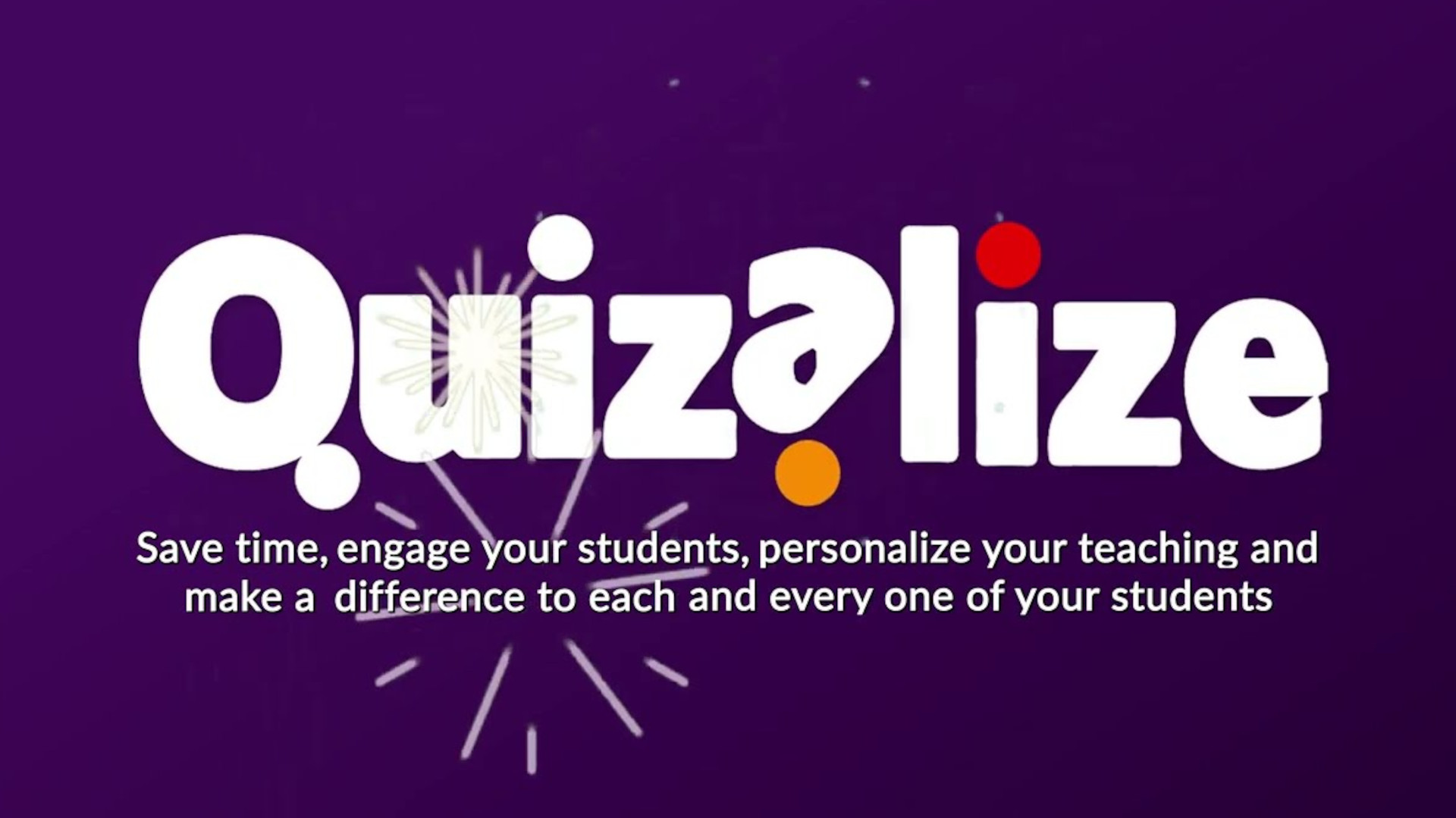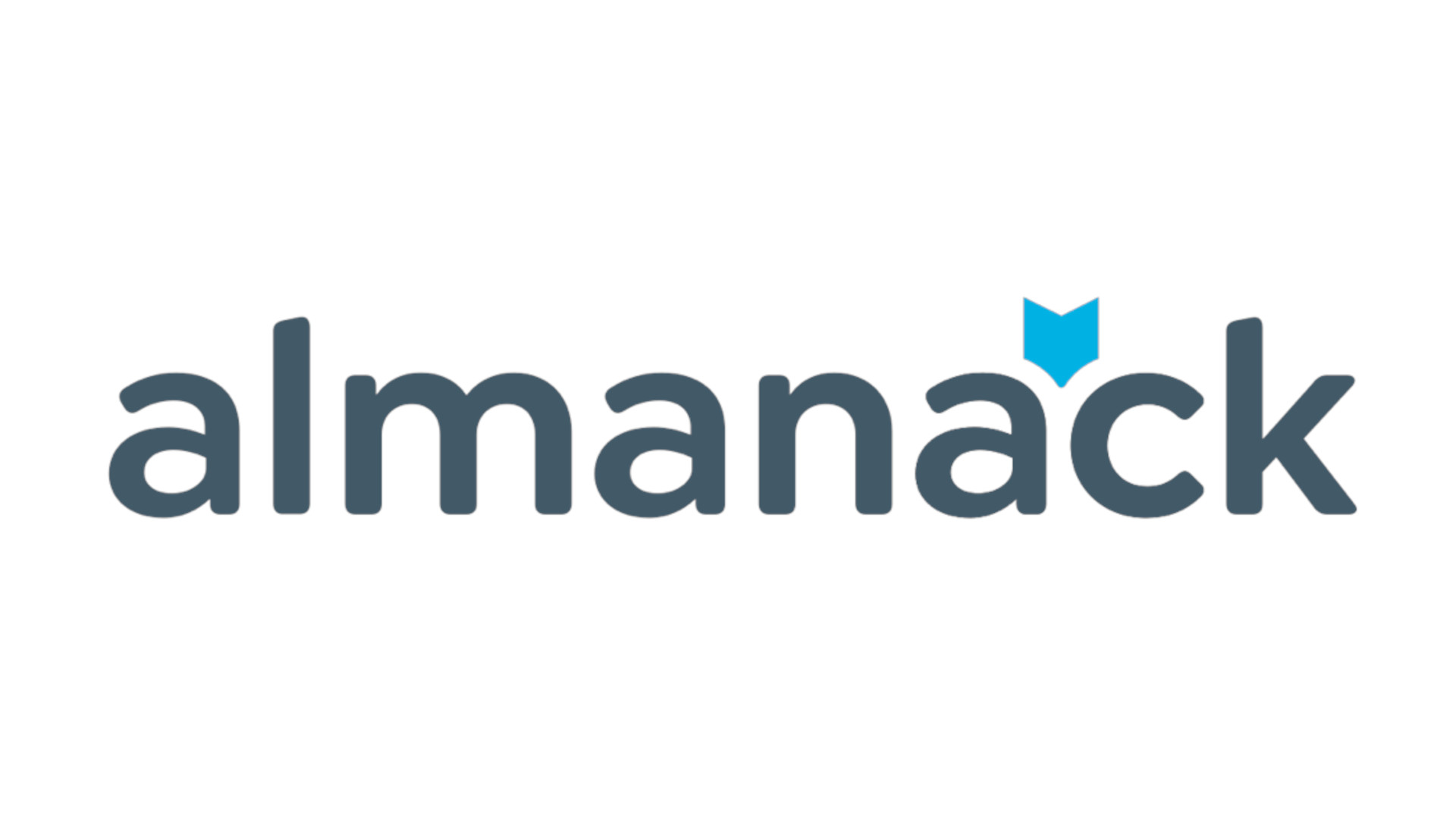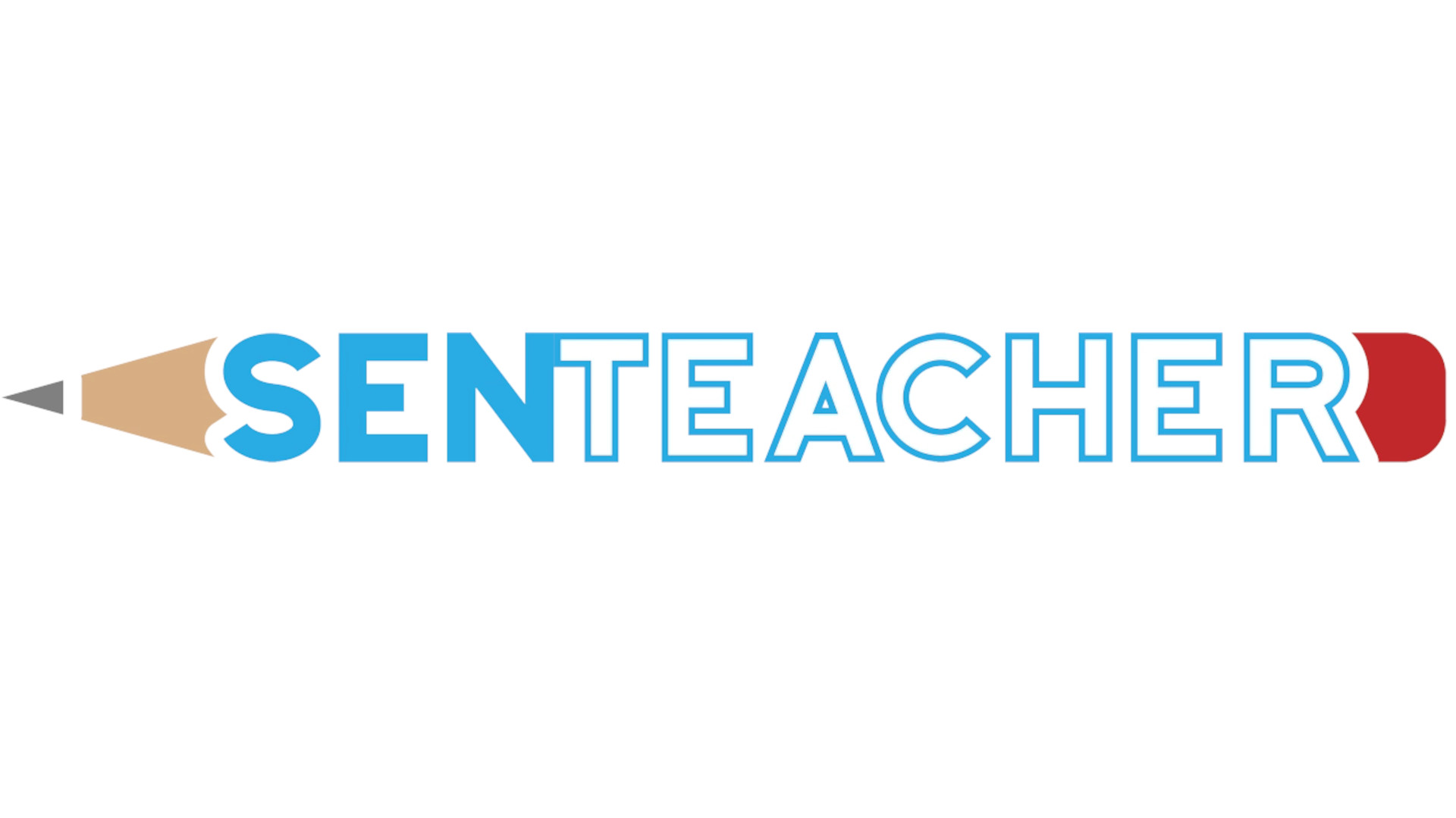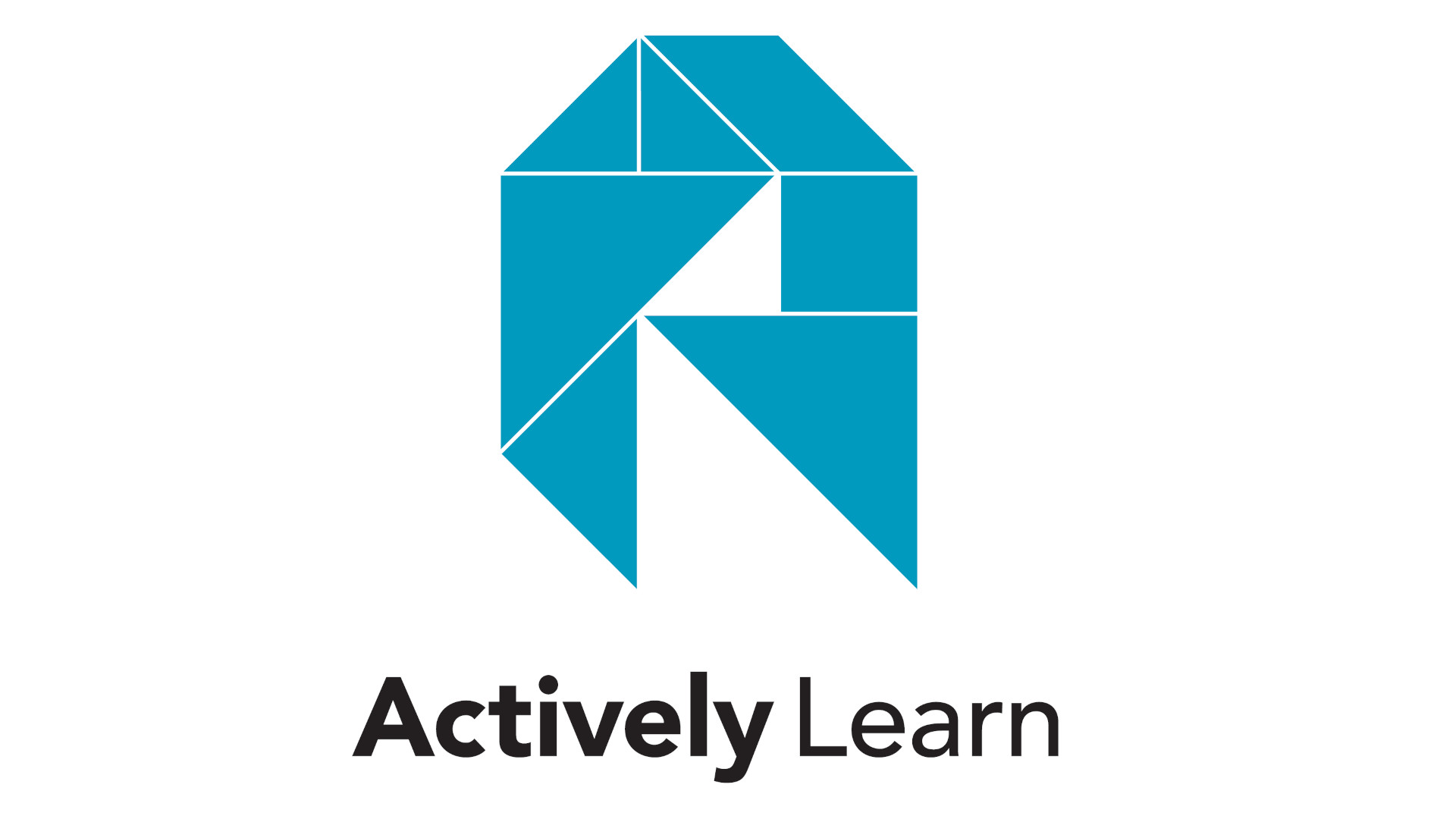Gamifying Teacher Training
INNOVATIVE LEADER AWARD WINNER - Gamifying teacher training at the Laguna Unified School District allows educators to earn cash prizes, explains award-winning chief technology officer Michael Morrison.

Laguna Unified School District in California is preparing students for success by gamifying teacher training and incentive programs as well as offering innovative ways to engage student learners.
Michael Morrison, who has more than twenty years of experience in education, serves as the chief technological officer for the district. He and his team took a program that was formerly known as Rocket Ready and morphed it into an integral part of teachers’ performance and compensation. “We actually purposely took away a catchy name because we wanted it to be part of our institution, so we just call it unit design,” says Morrison who recently won Best Example of Professional Development at a recent Tech & Learning Regional Leadership Summit in California
The unit design is set up to incentivize teachers when students reach benchmarks. “We took staff development, and we gamified it so that teachers have certain goals they try to reach that lead, ultimately, to where students are solving real-world problems,” Morrison says. For instance, one science teacher in the district had their class look for ways to use surface area and volume to reduce waste. The students designed more sustainable packaging for breakfast cereal that wastes less paper.
The unit design program not only get students excited about the world around them, it also gives educators an opportunity to earn bonuses. To track teachers’ progress, the district uses Alludo’s professional-development software, which allows them to earn points that can result in stipends that can add up to several thousand dollars.
As one might imagine, this gamification approach has paid dividends for the district. “When it comes to getting paid for the full amount for the unit, [teachers] would have to submit a student’s work and reflection on that the students have with a survey of what the unit was like,” Morrison says. “So, the students are giving feedback to the teacher. The teachers are reflecting on it. And that's where they earn that last bit of money for that unit.”
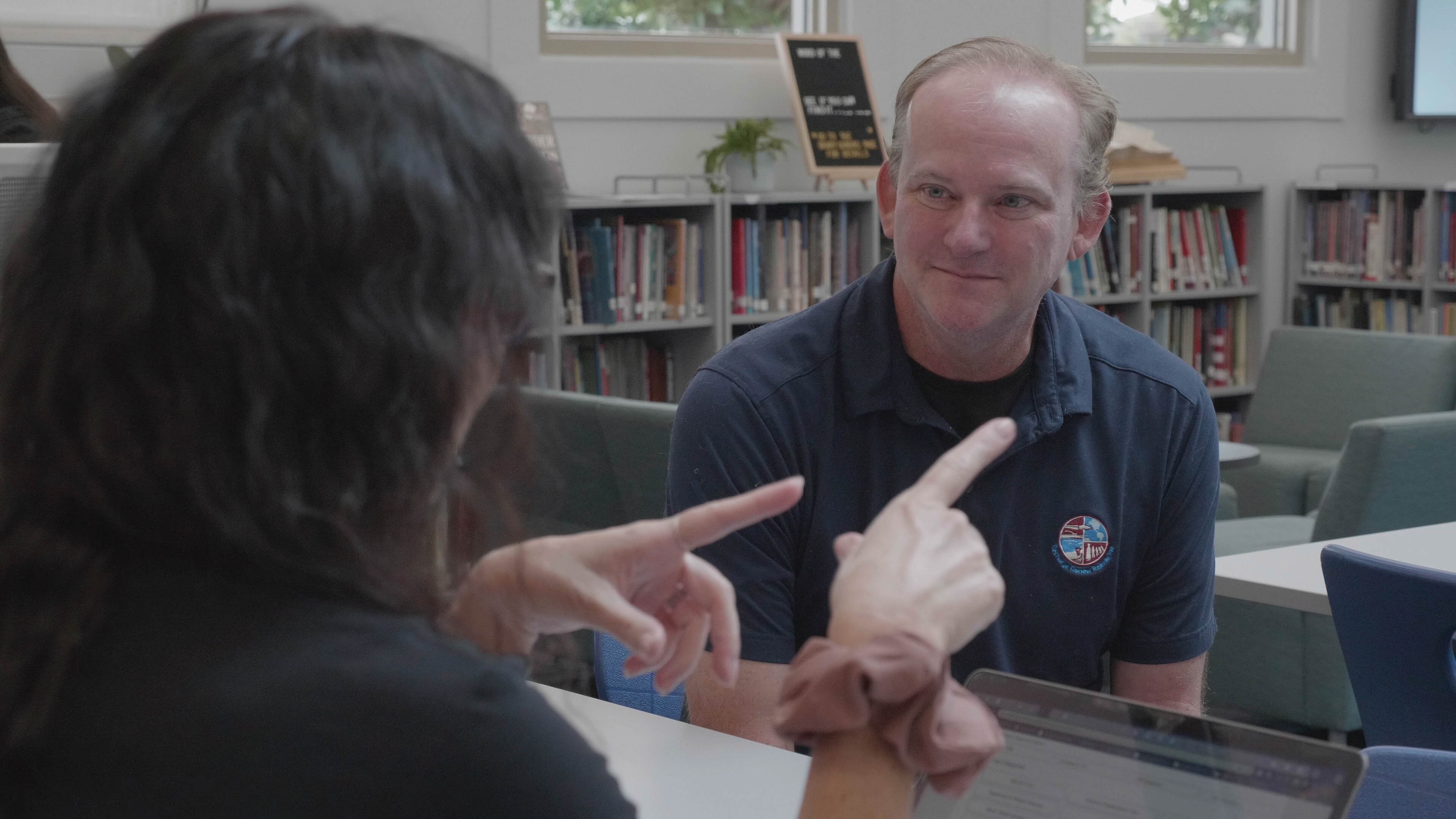
PD On The Go
If teachers are more invested in their professional development and student success, all stakeholders win. However, investing in programs, technology, and redesigned classrooms only works if there is buy-in from educators. Morrison is quick to remind any district leaders that teachers are the greatest investment.
In that vein, Laguna USD has developed a unique program that Morrison refers to as "paying teachers to drive to work." The district developed a podcast series that covers a wide range of topics such as the T3 model for learning and building other habits for learners. Consequently, teachers get paid for professional development while on the move or when they can fit it into their schedules. “They love this kind of staff development where they get to pick the timing,” Morrison says
Tech & Learning Newsletter
Tools and ideas to transform education. Sign up below.
Giving teachers the flexibility that they need for PD and course design is necessary to ensure they are prepared to meet current and future challenges.
Developing Empowered Students
When asked about the future of education, especially in light of recent technological advances in artificial intelligence, most notably ChatGPT, Morrison says, “One of the questions is, how do you authentically assess students?”
Fortunately for his district, teachers and students are already in the habit of creating portfolios that demonstrate students’ learning, and now his district is experimenting with a software program called Portmoto, a portfolio maker.
These portfolios can also showcase the training students who graduate from Laguna USD should have. “We're thinking it's more about a series of skills, like one of ours is an empowered learner,” Morrison says. “An empowered learner, to me, means that they have the skillset to learn on their own, to be curious, to ask questions, and they want to learn.”
Ian Peterkin is a writer and educator. He has taught at universities in America, China, and Dubai. He has an MFA in creative and professional writing from Western Connecticut State University. His work has been featured in Rio Grande Review, Helix, Wagner Lit, Flare: The Flagler Review, The Pointed Circle, Tenth Street Miscellany, Soliloquies, Noctua Review, The Fourth River, and elsewhere.


